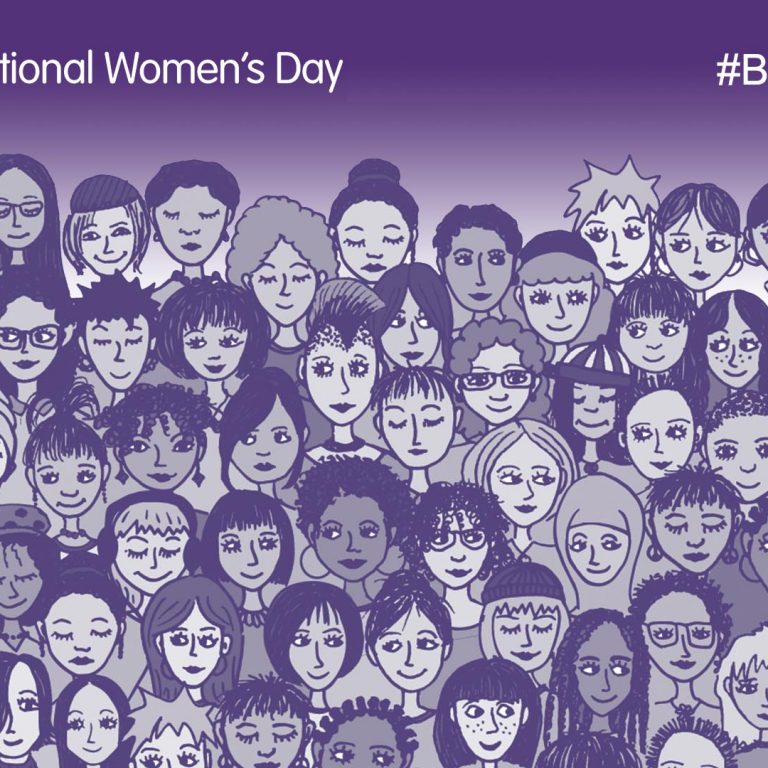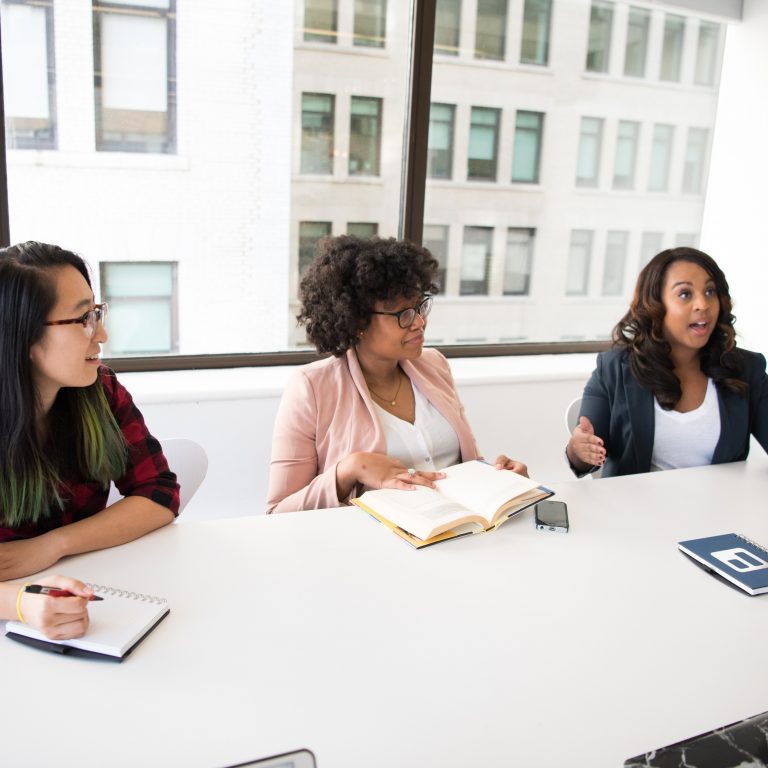Today — the 8th March 2022 — is International Women’s Day. It’s a day that celebrates the achievements of women everywhere, in the hope that we can create a world with equal opportunities for all. The theme for this year is about forging a world free of stereotypes and discrimination. To celebrate, we’re highlighting two women who helped to ‘Break the Bias’.
Mary Seacole (1805-1881)
Mary Seacole was a pioneering nurse during the Crimean War. She was born in Jamaica — to a black Jamaican mother and a white Scottish father — but moved to England upon the outbreak of war in 1854.
A determined humanitarian
Her mission was to help the war effort, specifically by providing medical aid to soldiers. Although experienced with medical procedures, she was rebuffed by the War Office and the team who worked under Florence Nightingale. Undeterred by their rejection, Seacole raised her own funds and travelled to the Crimean peninsula by herself.
Once there, she set up the ‘British Hotel’ just outside of Balaclava: a safe space where she nursed British soldiers back to health. Despite her efforts and fundamental role in the war, she was consistently overshadowed by Nightingale in the British press.
Woman under fire
Known affectionately as ‘Mother’, Seacole not only tended the wounded but provided food and medicine for all who needed it. Showing courage and determination worthy of any soldier, she often worked at the front and there are even reports of her tending the wounded whilst under fire herself. She is known as the first woman to enter Sevastopol when it fell in the siege of 1855.
Recognition at last
Although her work was praised by Lord Rokeby — the British commander-in-chief — Seacole’s efforts were largely forgotten after the war ended. In comparison, the War Office honoured Florence Nightingale and she became a household name.
Recognition for Seacole didn’t come until a century after her death. As part of a campaign to honour the contributions of women and West Indians in war, activists set up the Friends of Mary Seacole organisation. This organisation brought knowledge of Seacole’s work to the forefront, ensuring her name’s rightful place in the history books.
After this campaign, Seacole was awarded the Jamaican Order of Merit, and in 2004 BBC poll, she was voted the greatest black Briton.
Connie Mark (1923-2007)
If you’ve heard Mary Seacole’s name before, you have Connie Mark to thank for that. She was the co-founder of the Mary Seacole Memorial Association, which brought long-overdue recognition to the brilliant Jamaican nurse.
A veteran of war
Mark’s efforts to memorialise Seacole were inspired by her own experiences of injustice. At the age of 19, she joined the British Army, and served in Jamaica as part of the Auxiliary Territorial Service (ATS). She worked in the British Military Hospital of Kingston as a medical secretary but, upon completing six months of service, she was promoted to lance corporal.
Despite the promotion, Mark was denied a pay increase as, at the time, ATS soldiers were not entitled to it. Six months after that, Mark’s quality service saw her promoted to full corporal, and her pay increase was still denied. Mark decried the policy, wanting to be treated like other British personnel. She is quoted as saying, “We were British! England is our mother country.” This injustice was never redressed — and another was forthcoming.
Fighting for recognition
At the end of the war, Mark’s commanding officer recommended her for the British Empire Medal. The medal is an honour given to those who have performed military service worthy of recognition. Mark was denied this medal, and believed it was because she had refused to clean a British officer’s private quarters — something which was not in her job description.
Mark moved to Britain in the 1950s, which is when her charity and community work began. She joined the West Indian ex-Servicemen’s Association and pressed for them to add women to the organisation’s title. She continued her fight for the recognition of women’s contributions to the war effort. In the 1980, she founded Friends of Mary Seacole — the organisation which was later renamed the Mary Seacole Memorial Association.
A ‘Break the Bias’ success story
In 1989, preparations began to mark the fiftieth anniversary of the outbreak of war. The idea was to celebrate the contributions of servicemen — but there were notable contributors missing: women and West Indians. To right this wrong, Mark lobbied to include them in the celebrations. Expressing frustration that the service of Black Britons was not known, she curated an exhibition of photographs — collected from service personnel and the Imperial War Museum archives — to display during the anniversary celebration.
Her tireless efforts to break the bias in the British Army were at last rewarded: with the recognition of women, West Indians, and herself. In 1992, Mark finally received her British Empire Medal. In 1993, she was notified that the British Government had created a bursary fund in Seacole’s name, which granted £25,000 per annum for nursing leadership studies. Lastly, in recognition of her activism and efforts to champion Caribbean culture, she was honoured as a member of the Order of the British Empire in 2001.
What you can do to break the bias on International Women’s Day
When it comes to breaking biases and challenging stereotypes, it is often difficult to know where to begin. This year, the group behind International Women’s Day recommends starting small but thinking big.
Why not champion your own International Women’s Day campaign within your community? Perhaps you know of a woman whose achievements have been overlooked or undervalued. Why not celebrate and honour those achievements, and others like it?
If you would like to celebrate International Women’s Day, their website has many great ideas on how to get started. Vitally, they provide resources not just for today, but activities for a year-long campaign.
How will you rally your community to help forge women’s equality? How will you #breakthebias?









